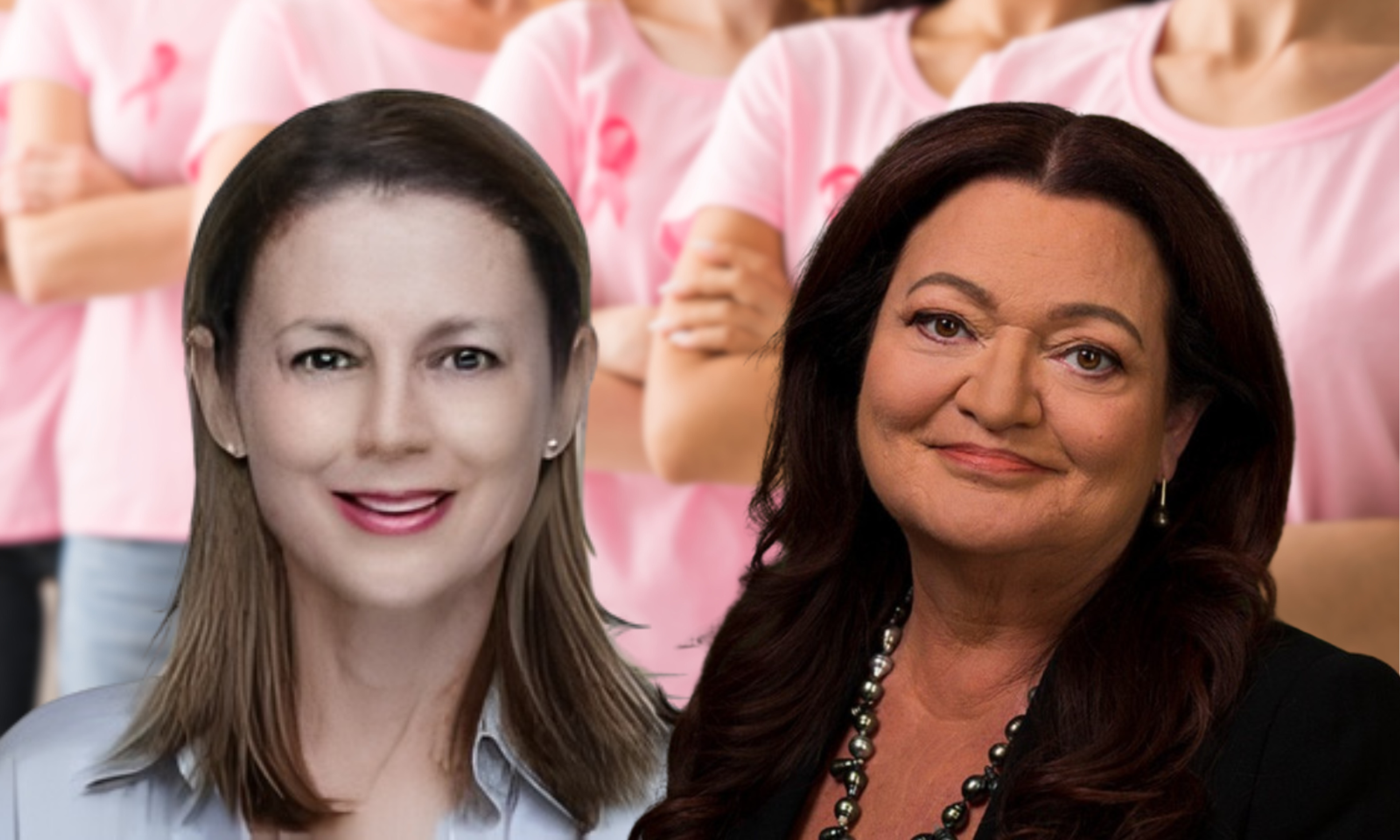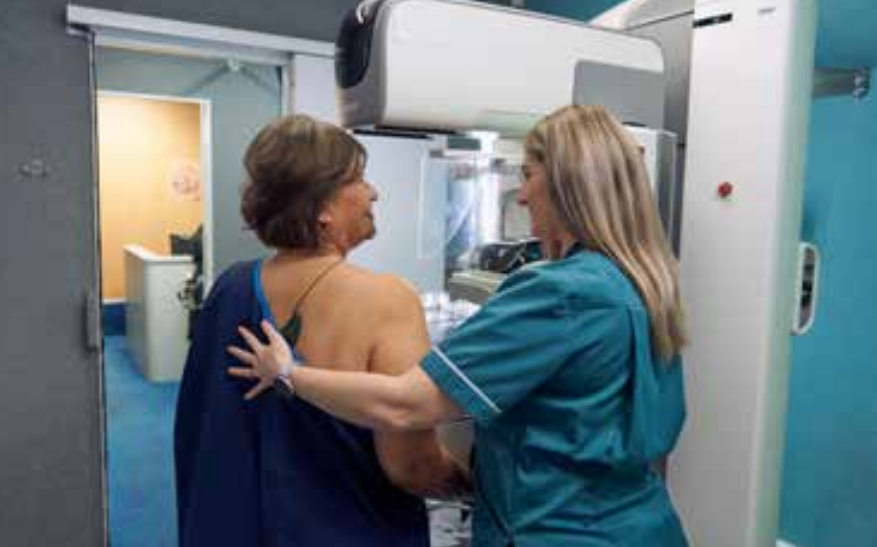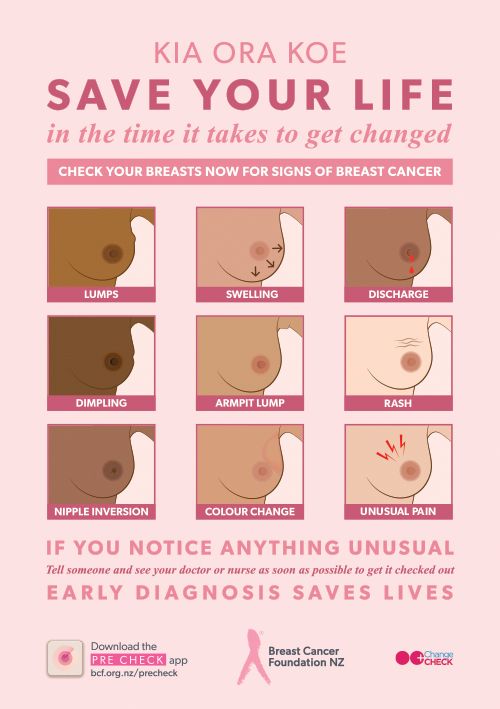

Ah-Leen Rayner (left) and Debbie Sorensen discuss the Government's breast cancer screening announcement.
Photo/MPP
NZ govt extends free mammograms: A vital step for Pasifika women
Health advocates stress the importance of early detection and culturally safe care to save lives in Pacific communities.


Pacific pride on the big stage: ‘Chief of War’ wins Best Ensemble at the Spirit Awards




Pacific pride on the big stage: ‘Chief of War’ wins Best Ensemble at the Spirit Awards


The Government has announced an extension of free mammograms for older women, but there are calls for more action to improve access and outcomes for Pacific and Māori wāhine, who are likely to face late-stage diagnosis.
Health advocates emphasise the importance of early detection, including culturally safe care, to save lives in these communities.
Debbie Sorensen, the Chief Executive of the Pasifika Medical Association Group, never expected to be diagnosed with breast cancer.
“In 2022, I was diagnosed with an aggressive form of breast cancer, and I didn't have any breast cancer in my family, so I was quite surprised. It wasn't something that I had really thought would happen to me,” she says.
Sorensen was fortunate that her cancer was detected early. Within 10 days, she underwent a partial mastectomy, followed by chemotherapy and radiotherapy. Shortly after, she was diagnosed with thyroid cancer and is still receiving bone infusions and medication for metastatic breast cancer.
“I’m feeling much better this year, but still, it takes quite a long time to recover. One of the things about having breast cancer is that every time you might have a pain in your back or arm, you think, ‘Is this it? Is it back again?’ It kind of hangs over you a little bit,” she says.
Sorensen stresses the importance of regular screening and encourages women to prioritise their health.
She says the chances of being harmed by having a mammogram versus dying from breast cancer, "if it's not picked up, is really high. As women, we are mothers, grandmothers, sisters, and daughters. Our families rely on us. We have a responsibility to be as alive as we can for as long as we can.”
Free mammograms are currently offered to women aged 45 to 69 every two years. On Wednesday, the Government announced that free breast screening would be extended to women up to age 74, with the full implementation expected by 2029.

A woman walks into a mammogram clinic. Photo/Health Education
Women’s Minister Nicola Grigg says the change means 130,000 more women will be eligible for screening every two years.
“Each year, around 3400 New Zealand women are diagnosed with breast cancer. Screening is one of the most effective ways to detect it early and improve survival rates,” she says in a statement.
“Women who participate in breast screening are less likely to die from breast cancer. Once the full age extension is in place, it’s expected to detect breast cancer earlier in about 60 more women annually - giving them a far better chance of successful treatment.”
The change is especially significant for Pacific and Māori women, who experience higher rates of breast cancer and have lower screening participation.
Speaking with William Terite on Pacific Mornings, Ah-Leen Rayner, Chief Executive of the Breast Cancer Foundation, stresses the need for both earlier detection and lowering the screening age for Pacific women.
“Many Pacific women have a 20 per cent higher chance of getting breast cancer and a 30 per cent higher mortality rate than other ethnicities,” Rayner says. “Screening from 45 means some cancers go undetected for longer, making them harder to treat.”
Watch Ah-Leen Rayner's full interview below.
“For Pacific women specifically, we need to eventually have the screening age lowered, which we’ll continue campaigning for. Knowing the signs, knowing what your normal looks like, and seeing your GP if anything changes is crucial, early detection is the key to survival.”
Between 2018 and 2022, 194 Pacific women died due to breast cancer - the highest rate of any ethnicity, according to Te Whatu Ora/Health New Zealand.
Rayner highlights the importance of normalising conversations about screening and sharing survivor stories, but admits there are challenges Pacific women face in accessing care.
“There’s an almost acceptance that you get breast cancer and you die,” she says. “That’s simply not the case. Breast cancer is survivable if it’s caught early.
“There are really practical constraints: getting time off work, childcare, there's also a huge component of fear. Pacific women are really well known for putting others before themselves, so for these women to survive, what we need to do is have them prioritise their health outcomes in terms of and their health, so that they can be there to take care of others.
“There is no doubt we need more Pacific representation in the health workforce. Having a person who understands your values, language and worldview makes a monumental difference.

Sorensen has a final message for Pacific communities, urging women to support each other. “Talk to the women in your families, your daughters, aunties, mothers, and check up on them. Just talking about accessing free screening would be fantastic.”
Support groups for Pacific families undergoing cancer treatment include The Fono, Taime Pasifika Cancer Support, and Pacifica Inc.